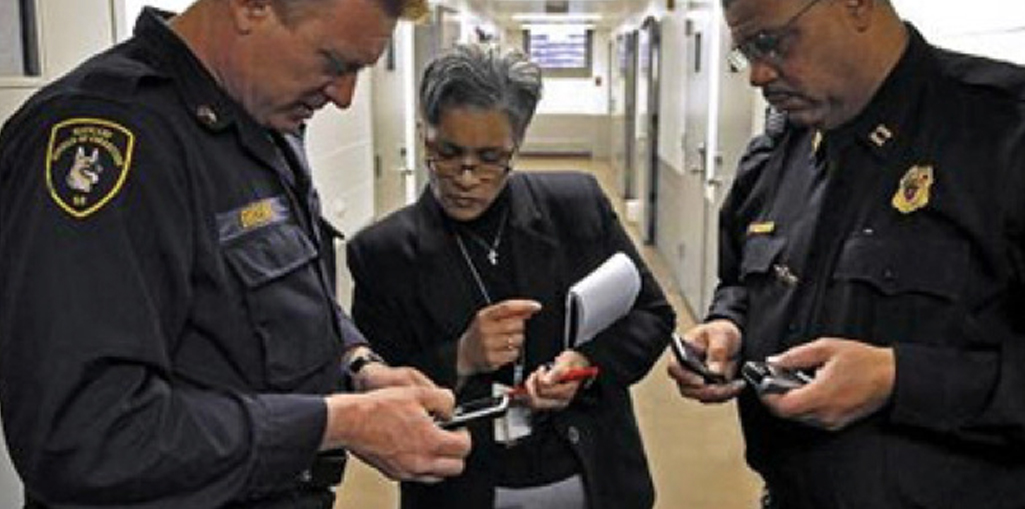
Imagine you are driving along and you get pulled over for a registration violation. The police officer asks for your cell phone along with your drivers license and insurance card. You say what? You have a right to have my cell phone?? The officer says, “oh yes I do. You are not under arrest, you are being given a citation for registration violation. Now hand over your cell phone because I want to search it.” This is essentially the case now pending before the United States Supreme Court. If you have a cell phone then you are going to want to follow this case.
David Riley, a man out of San Diego, was stopped by police for having expired registration tags. The police had suspected him of being a gang member who was involved in a shooting, but they had no evidence to tie him to the shooting. When they saw David Riley driving a car that had expired registration, the police pulled him over. They discovered he had two cell phones and decided to search them. They looked through the cell phones and found that there were photographs on the cell phone. After opening the photos the police found photographs that linked Riley to the gang shooting. At trial, his lawyer argued that the search of the cell phones was illegal and that the prosecution should not be able to use the evidence found on illegal search at trial against Riley. That argument didn’t work and he was convicted. Now the Supreme Court will take up the issue. Can the police search your cell phone anytime you’re given a citation or arrested, without a warrant?
Under the Fourth Amendment, police generally need a warrant before they can conduct a search. The warrant itself must be based on “probable cause,” evidence that a crime has been committed. However, The high court ruled 40 years ago that police don’t need a search warrant to look through anything a person is carrying when arrested. But lower federal and state courts have differed over whether that decision, predating the digital age, should apply to increasingly sophisticated cellphones, including even more advanced smartphones.
Think about it. You are driving to the grocery store, make a right turn improperly, get pulled over, and next thing you know the police officers are going through your private photographs on your cell phone. How about your text messages, email or anything else that is on your cell phone? Cell phones now are basically hand held computers. Most people’s whole lives are on their cell phones. If the Supreme Court rules the police can search your cell phone for a simple traffic stop, watch out America.
 Orange County Criminal Defense Lawyer Blog
Orange County Criminal Defense Lawyer Blog

